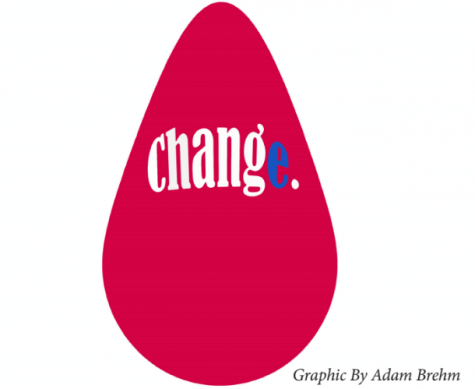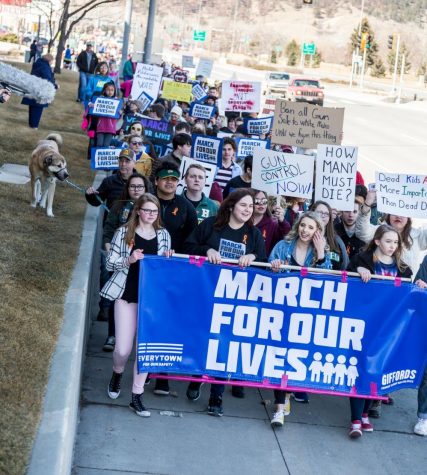Physical and Mental Tolls Call for Further Post-Career Assistance for Retired Athletes
After playing 10 seasons in the National Hockey League, Steve Montador’s career came to an end after he suffered his sixth concussion. Less than three years later, he was found dead in his home at the age of 35.
Montador suffered from depression, memory loss, and insomnia in the years following his retirement from the NHL. An autopsy following his death revealed that he had chronic traumatic encephalopathy, a degenerative brain disorder that is directly linked to repeated concussions.
There are certain programs that are in place to assist former NHL players in their life after hockey, but more extensive efforts need to be carried out and these programs should also extend to include players in minor league programs.
Uncertainty and fear accompanied by anxiety and depression leave many former hockey players in difficult situations when their playing careers end. Those who made millions of dollars a year while playing are fortunate to have had successful careers that ultimately allowed them to adjust to life away from hockey in a comfortable manner. But there are many former players that are forced to retire at an early age and are left financially unstable and sometimes with mental health issues.
The American Hockey League is the professional minor league directly under the NHL. According to Demand Media sports reporter Nancy Hart, the average salary for a player in the AHL is about $62,000. Below the AHL is the other minor league affiliate, the East Coast Hockey League. Players in the ECHL are considered professionals, but unless they are skilled enough to advance to the AHL or NHL, they can expect to make under $20,000 a yeara��a shockingly low number for players that are sacrificing long-term mental and physical health to play hockey.
Players in any league may have to prematurely end their playing careers due to health problems linked to concussions or other injuries. Minor league players are sometimes left without a financial cushion and may have serious health conditions that impact and restrict their everyday life. The leagues should implement additional programs to reach out to these players after they retire. Additional financial support and guidance counseling would be extremely beneficial for those suffering health disorders and having a difficult time adjusting to their lives after playing hockey.
The NHL established the Players’ Emergency Assistance Fund about 70 years ago and according to Boston Globe reporter Fluto Shinzawa, it assists approximately 75-100 former NHL players at any given time. The mission of the fund is to help retired players and their families that are suffering from health problems and need financial assistance. The money comes from current players that have been suspended by the NHL’s Department of Safety for an illegal play. Their forfeited salary from the suspended games goes directly to the fund.
The overall amount of money that goes around the NHL is quite substantial compared to their minor league affiliates. The Players’ Emergency Assistance Fund should either be extended to also include retired minor league players, or a separate but similar program should be implemented to help AHL and ECHL players exclusively.
The 2015-16 season marks the second year that the Rapid City Rush will play in the ECHL, after the league acquired seven additional teams in 2014. Higher competition levels may allow for more exciting hockey, but it also brings a higher risk of injury. It’s entirely possible that some players in Rapid City could at some point suffer from mental health issues after they retire. Especially considering their low salaries, doesn’t it seem right that these players and their families also have an opportunity to receive much needed assistance once they retire?
The Chicago Tribune released a story following the death of Steve Montador. It was a call to increase awareness of the serious issues hockey players face after retirement. In an interview with the Tribune in 2013, Montador expressed how difficult it is to be taken away from something you love and not knowing whether you’d get another chance. Other players also reported that they suffered from depression that stemmed from the fear and uncertainty that they felt after their hockey careers ended.
Programs like the Players’ Emergency Assistance Fund are great ways to provide retired players who are struggling mentally or financially with needed assistance, but it should not exclusively benefit former NHL players. Similar programs and funds should extend to the AHL and ECHL players as wella��it is just as likely that they could also be struggling when they retire.









